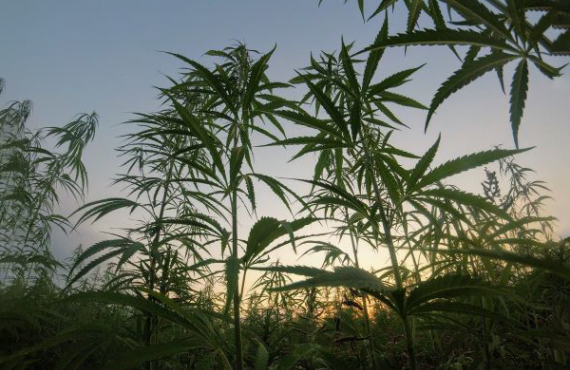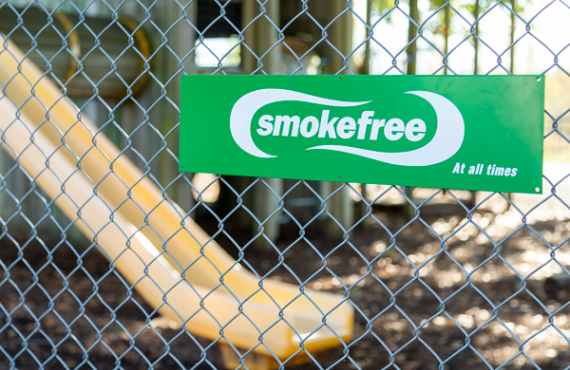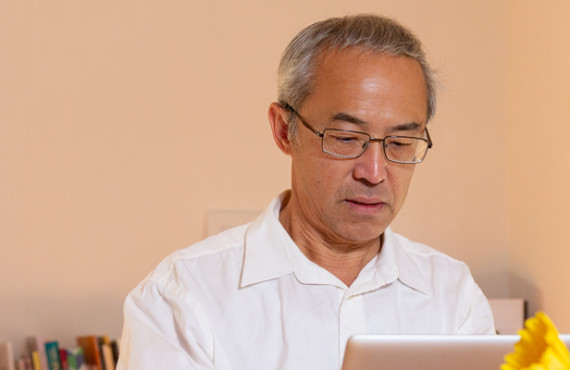This information is about ‘street’ marijuana and not medicinal cannabis prescribed by a doctor.
Using and importing marijuana is illegal in Aotearoa New Zealand.
The use of cannabis-based medicinal products to treat some medical conditions is legal on prescription from a doctor. Read about medicinal cannabis for people affected by cancer here.
What is marijuana?
Marijuana is a drug from the Cannabis sativa plant. Marijuana-based products can be smoked, vaped, eaten or drunk to obtain a ‘high’ or used as a relaxant. Some people also use ‘street’ marijuana to relieve the symptoms of various illnesses.
Marijuana contains active ingredients called cannabinoids, including THC (tetrahydrocannabinol) and CBD (cannabidiol).
Marijuana is also called herbal cannabis, pot, dope, weed, grass, skank, green, bud, dak, ganja, and many others.
Using marijuana to relieve cancer symptoms
Some people report that using street marijuana may help relieve cancer symptoms and treatment side-effects, such as:
- pain
- anxiety
- vomiting
- difficulty sleeping
But as street marijuana is unregulated, users do not know how strong it is and what mix of chemicals they contain.
It’s much safer to use cannabis-based medicines, such as CBD oil, that are obtained on prescription from your doctor. However, it is not usually the first line of therapy and will not work for everyone. Read more about cannabis-based medicinal products here.
If your cancer symptoms or treatment side effects are troubling, please see a medical professional without delay.
Using marijuana as a coping tool in place of seeking medical advice may make things worse.
People with a life-limiting condition (eligible for palliation) can use ‘street’ marijuana with a medical certificate from their doctor or nurse practitioner.
Can marijuana prevent or treat cancer?
No. There is currently no reliable evidence that marijuana can prevent or treat cancers.
Some animal and cell studies have found that marijuana can kill or slow down cancer cells. Other lab studies have found that marijuana can make cancer cells grow faster. More research is needed to know more.
Can marijuana cause cancer?
Scientists aren’t sure if marijuana causes cancer in humans.
Long-term, heavy marijuana use may raise the risk of testicular cancer.
It's unclear if smoking marijuana can cause lung cancer, but it can be damaging to your lungs.
You can read more about the potential cancer risks of cannabis used in our technical report.
Download our technical report on cannabis and cancer risk
Lower risk marijuana use
The best way to protect yourself from the harms of using marijuana is not to use it.
If you choose to use marijuana, there are some things you can do that may lower possible risks of cancer and other long-term health problems:
You’ll lower your risk of marijuana-related health problems by not starting to use marijuana until after 25 years.
The earlier in life people begin using marijuana, the higher their risk of serious health problems.
Try to limit your use as much as possible.
The more frequently you use marijuana, the more likely you are to develop health problems, especially if you use it on a daily or near-daily basis.
Don’t mix marijuana, tobacco, and alcohol.
This can increase the risk of long-term health problems. Drinking and smoking tobacco together raises the risk of cancer many times more than drinking or smoking alone.
Smoking marijuana is the most harmful way of using cannabis because it directly affects your lungs.
Marijuana smoke contains many of the same harmful substances as tobacco smoke, including tar. If smoking cannabis, try to avoid breathing the smoke in deeply and holding your breath.
Secondhand marijuana smoke may harm others, especially children and people with asthma.
Vaping dried marijuana is likely to be less risky to your health than smoking it or vaping marijuana e-liquid. But vaping can still be harmful to your lungs, especially if used frequently.
Edibles are also considered lower risk than smoking as they do not cause lung damage. But edibles don’t usually kick in right away, so there is a risk of eating too many (overdosing) while waiting for them to take effect. They can also stay in the body’s system longer, so they can impair driving, use of machinery and other tasks for hours -even the next day.
Edibles are anything that you can eat or drink that contains marijuana.
Don't use black-market marijuana (THC) vapes.
Black-market marijuana (THC) vapes and e-liquids can be contaminated with substances that can cause serious lung damage (called EVALI). They may contain solvents, additives, and flavourings that can produce harmful chemicals when vaped.
There are no regulated suppliers of THC vapes in New Zealand, so it is tough to know for sure what ingredients are in them. E-liquids used in vapes can contain very high concentrations of THC (tetrahydrocannabinol), which places users at higher risk for health problems.
THC vapes should not be confused with nicotine vapes from a reputable retailer to help some adults quit smoking tobacco.
Vapes are not for young people or non-smokers because of possible risks to their health.
Stay away from illegal synthetic cannabis.
Synthetics (e.g. spice, synnies) aren’t tested as being safe. They usually have more severe impacts on your brain and body and can cause injury and even death.
^ These lower risk guidelines have been adapted from Fischer, B. et al. (2017). Lower-Risk Cannabis Use Guidelines (LRCUG): An evidence-based update. American Journal of Public Health, 107 (8).

A few medicinal cannabis products can be prescribed by your doctor. This is the safest way for peopl…

Everyone has a part to play in keeping the next generation Auahi Kore (Smokefree and healthy).

We have free counselling and psychological services for people with cancer and their family/whānau.

There may be support and benefits available to get you through your treatment.
